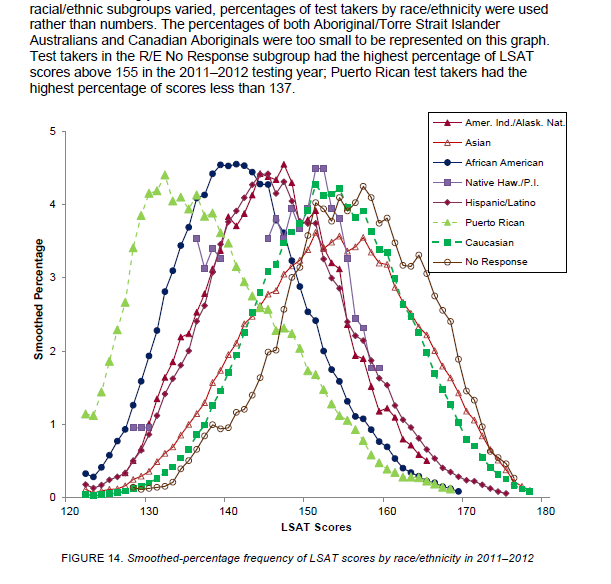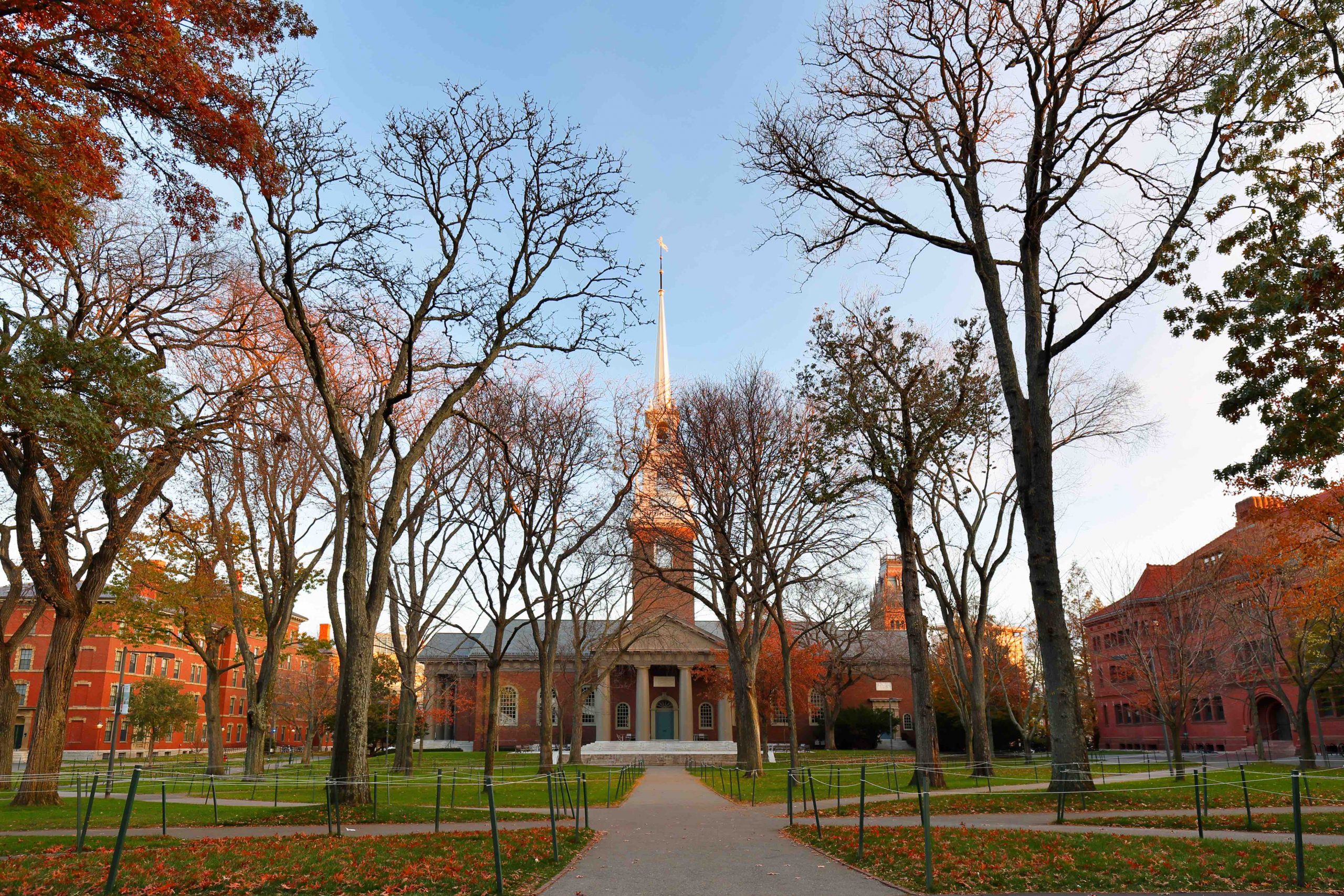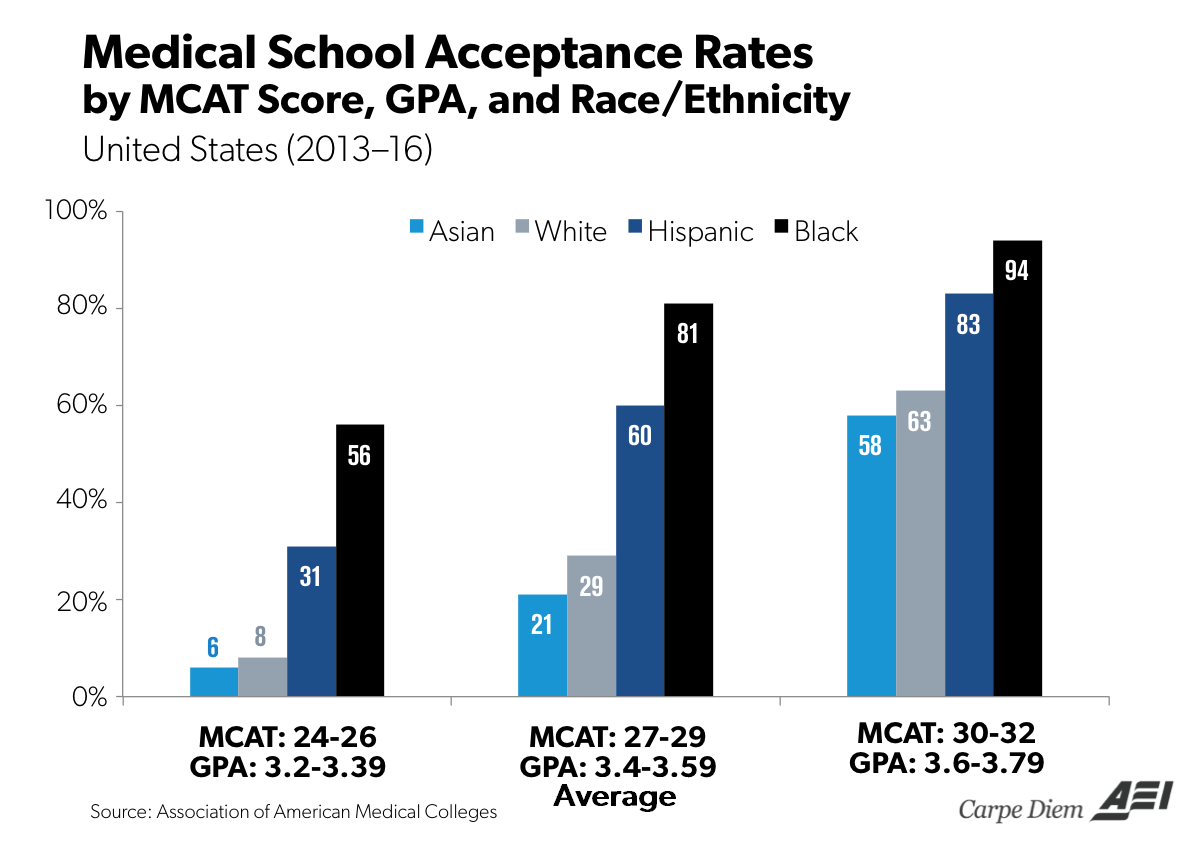Note on resolution timing: I'll close this market once it's clear the court has issued an opinion. Then give me a day to resolve. It should be pretty obvious after a day with headlines breaking down the decision, and I don't want to resolve solely on my own reading of the opinion immediately since I'm not a lawyer.
Current Supreme Court guidance for race based admissions allow for policies to benefit minorities as long as other individual factors are considered. Racial quotas have been banned since Regents of the University of California v. Bakke (1978). In Grutter v. Bollinger (2003), Justice Sandra Day O'Connor wrote "race-conscious admissions policies must be limited in time," adding that the "Court expects that 25 years from now, the use of racial preferences will no longer be necessary to further the interest approved today." In the fall term, the court is expected to hear arguments in Students for Fair Admissions vs President & Fellows of Harvard College, see https://www.scotusblog.com/case-files/cases/students-for-fair-admissions-inc-v-president-fellows-of-harvard-college/ This market will resolve to "Yes" if the Court rules race based factors in admissions to higher education to be entirely unconstitutional, overruling Grutter v. Bollinger. Jul 2, 1:46pm: Adding "affirmative action" to this description to make this easier to search.
Jul 14, 10:37pm: Clarification: this resolves as NO if the Court strikes down the admissions policies as implemented, but allows race as a factor in admissions in limited cases. A YES resolution is reserved for a ruling that broadly bans race as a factor at all.
🏅 Top traders
| # | Trader | Total profit |
|---|---|---|
| 1 | Ṁ37 | |
| 2 | Ṁ34 | |
| 3 | Ṁ22 | |
| 4 | Ṁ20 | |
| 5 | Ṁ19 |
People are also trading
I will be resolving this as YES, since the court's opinion is that universities cannot use race as a factor in admissions, which means that the finding in Grutter v Bollinger that race can be a factor is no longer true.
My biggest source of confusion is I updated the market a year ago with a note that if the court strikes down the policies as implemented but allows consideration of race in other ways, I should resolve NO. The court did rule that military academies can continue to take race into account, but my decision is that since the vast majority of institutions of higher learning are now not allowed to take race into account at all, I will resolve YES.
I should try to be more careful about adding to the description after the fact in the future to be very clear.
Citing in particular for this decision is the SCOTUSblog article https://www.scotusblog.com/2023/06/supreme-court-strikes-down-affirmative-action-programs-in-college-admissions/
It's not obvious that they overturned Grutter.
@NicoDelon Just from reading the sylllabus I don’t think they did, but many will feel from the general vibe that they did.
lol it is a 237 page opinion, https://www.supremecourt.gov/opinions/22pdf/20-1199_hgdj.pdf
Not guaranteed, but looking like they will probably get rid of race as factor https://www.economist.com/united-states/2022/11/01/the-supreme-court-seems-ready-to-toss-out-affirmative-action
Kalshi @ 79%
And 96% that plaintiffs win.
https://kalshi.com/events/SFFA/markets/SFFA-COMPLETE
—-
Will note that if implemented basically no black students qualify for the top three law schools.


